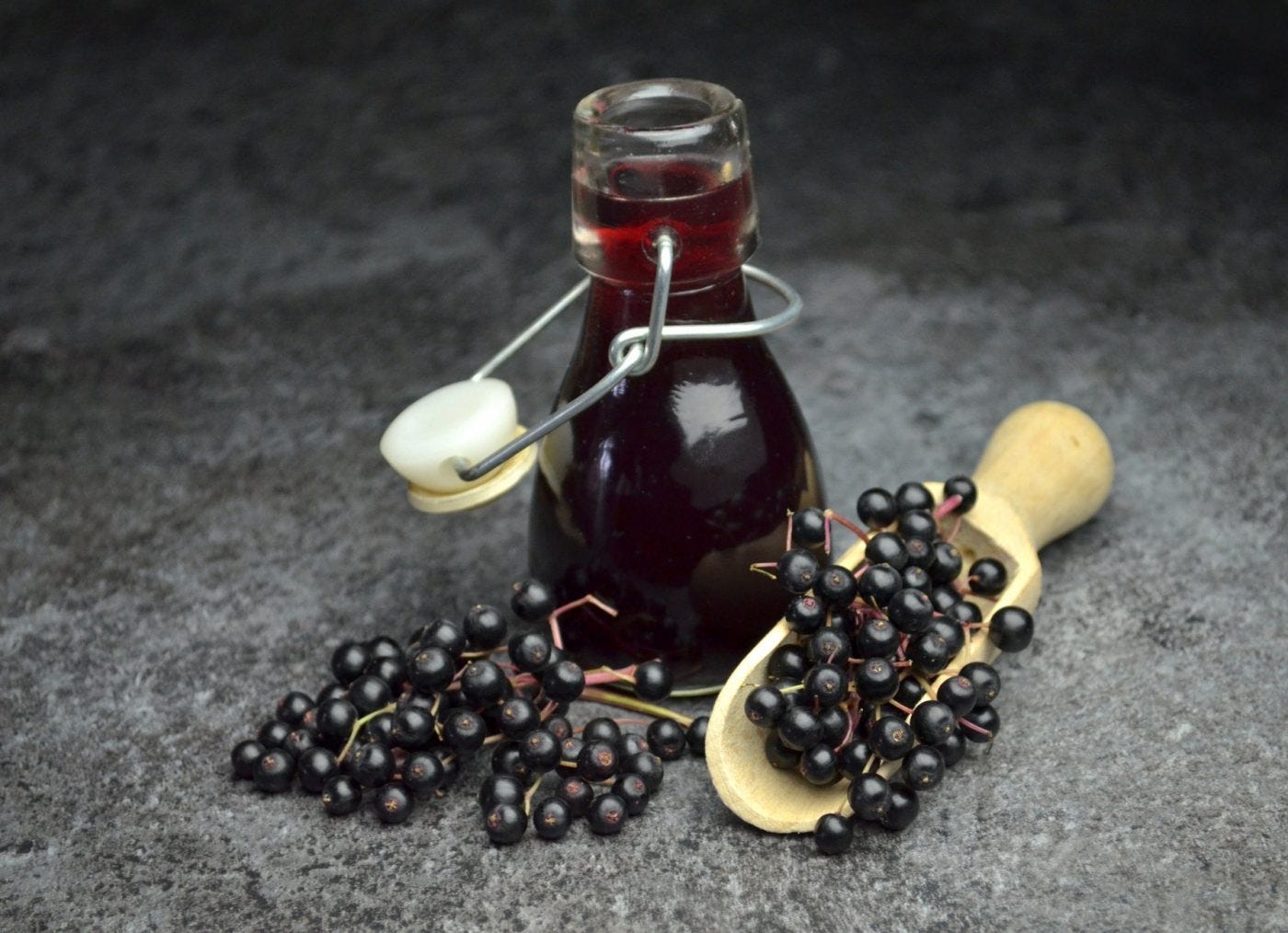Ask the Pharmacist: How to make an herbal immune tea
There are several herbs that I’d like to talk to you about today because they are known to have some benefits for your immune system. This isn’t to discount Vitamin D or Vitamin C, two vitamins that can support your immune system, but rather to enhance what those nutrients can do.
More:Ask the Pharmacist: Natural therapeutic options for COVID-19
Herbs can be made into a tea or what’s termed a decoction. I made a video to show you how easy it is to make this at home, provided you have the herbs. Those can be purchased online, or at health food stores. There is still plenty of bulk herb to buy so hopefully we won’t run out of those! My video is live on YouTube. You can search it by the title, "Make Your Own Immune Tea Amid Coronavirus Fears."
Here is my recipe for “Immune Tea” and beneath it, you will see the rationale for the inclusion of these precious, effective and safe herbs.
Ingredients for Suzy’s Immune Tea
- 4 or 5 cups water
- 1 tablespoon of elderberries
- 1 tablespoon of echinacea
- 1 tablespoon of orange peel
- 2 teaspoon licorice root
- Optional: Honey to sweeten
Directions: Pour four to five cups of water into a pot, and add the herbs. Bring to a boil, then reduce heat to a very gentle simmer and continue simmering for approximately 30 minutes. You may strain the herbs and put into a glass jar or pitcher. Shelf life is about 3 days. Sweeten if desired. Drink one cup daily.

Elderberry
Black Elderberries have been used as anti-virals and natural antibiotics against cough, colds and the flu for centuries. Studies in test tubes and humans prove demonstrable efficacy when it comes to inhibiting the influenza virus (and other bacteria).

Echinacea
This herb has been used for centuries to help control symptoms of the common cold, influenza and other viruses. It can inhibit “hemagglutinin” and “neuraminidase” which are specific to influenza. When echinacea does inhibits these compounds inside your cells, it controls the spreading and severity of symptoms of influenza.

Orange peel
This is just the rind of an orange, but it’s dried up. It adds Vitamin C which has documentation for its ability to shorten the duration of a cold. It is a strong antioxidant.
Licorice root
This contains glycyrrhizic acid, a compound that is known to inhibit viral growth (slow it down), as well as directly inactivate certain viral particles. A study in the Journal of Medicinal Chemistry, 2005 showed that glycyrrhizin could “inhibit SARS-coronavirus (SARS-CoV) replication in vitro.”
I have a longer version of this article that I can email to you if you sign up for my free health newsletter at suzycohen.com.
More:Ask the Pharmacist: How to make your own hand sanitizer
Suzy Cohen is a registered pharmacist. The information presented here is not intended to treat, cure or diagnose any condition. Visit SuzyCohen.com.